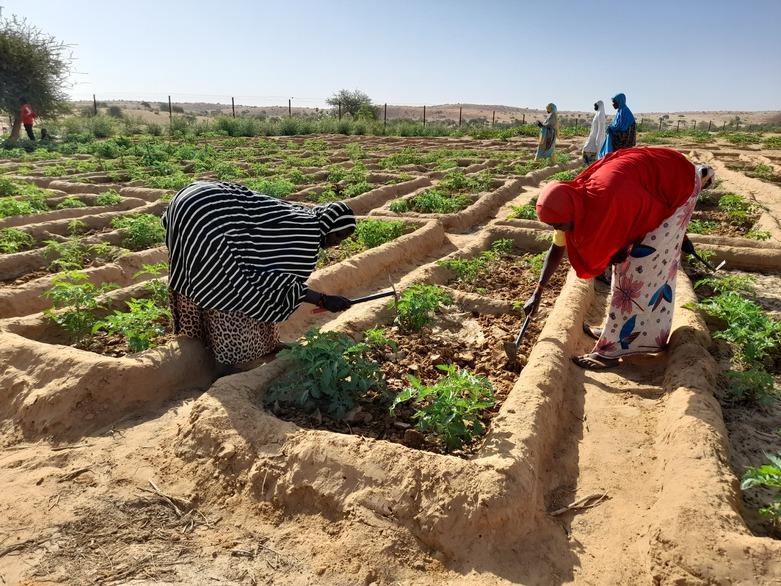Context
Landlocked, lacking in resources and severely affected by climate change, Mali is one of the poorest countries in the world. Moreover, conflicts in the northern and the central parts of the country are further exacerbating the state’s already limited capacity. In these regions, the population primarily lives from agriculture and livestock farming. In this light, the precarious supply situation, agricultural production deficits and land use conflicts between settled farmers and nomadic livestock herders pose enormous challenges.
Objective
In certain areas of the Gao, Ménaka and Mopti regions, pastoral and agro-pastoral households are more resilient to socio-economic crises.
